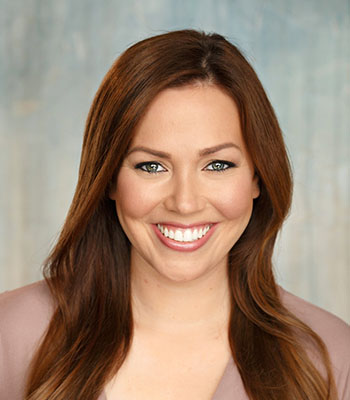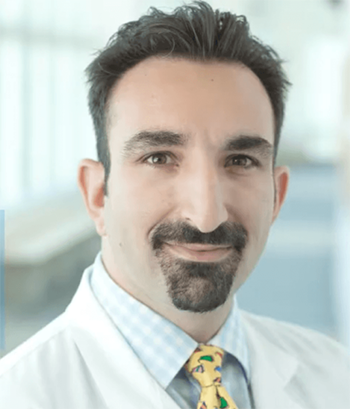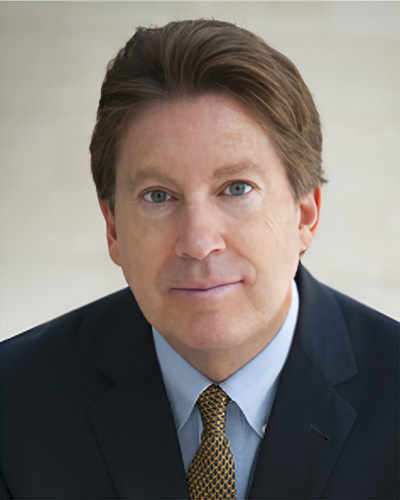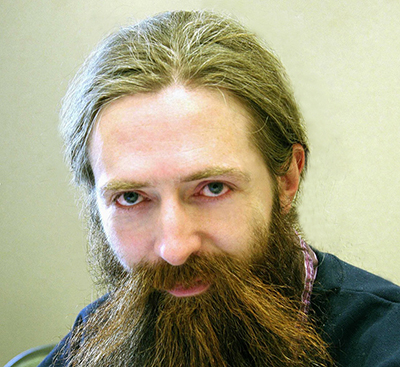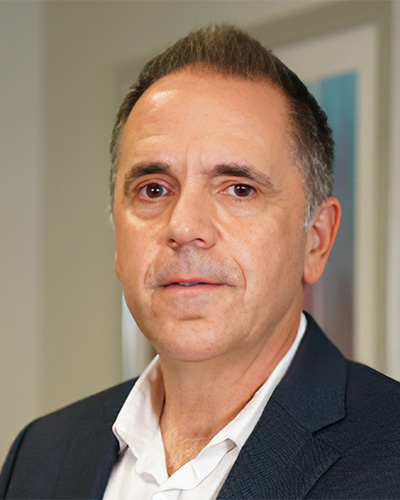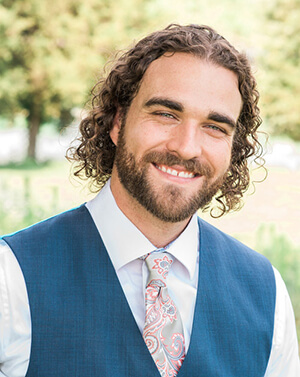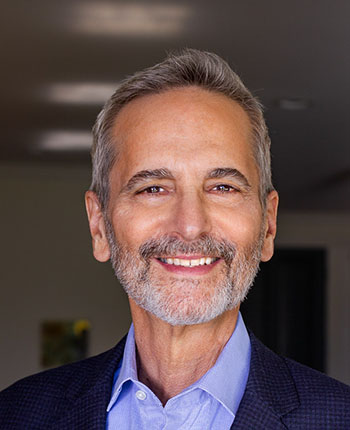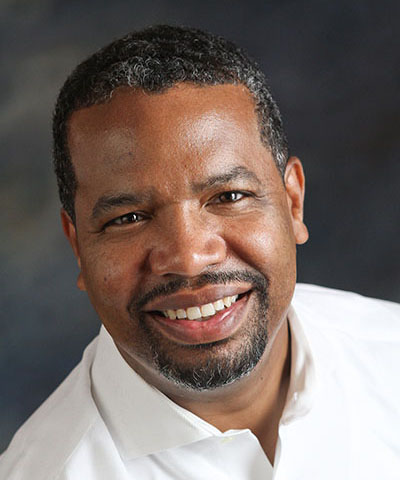join the leaders in advanced anti-aging medicine
More than 6 million Americans of all ages have Alzheimer's, with one in nine people aged 65 and older (11.3%) having Alzheimer's dementia. Yet while brain and mood disorders continue to accelerate, our current standard of care is not adequately slowing down the rates of neuroinflammation.
Clinical research has demonstrated that aging is not a uniform process and certain aspects of the nervous system have age-related vulnerabilities which cause the problems that are responsible for failures of the 4M’s of brain health:
Memory | Mood | Mobility | Mojo
All of these changes can be understood as a failure of multiple systems (memory loss, depressed or anxious mood, slowing of movements and falling and a general loss of motivation, vivacity, and sexual function) that can be individually improved for optimal brain health.
Rooted in the most groundbreaking research available and developed in direct response to the current neurological medical crisis, the Brain Health Summit will review these major aspects of brain function and address the common clinical issues encountered in daily practice. This cutting-edge meeting will feature the field’s most esteemed clinicians, researchers, and educators presenting the latest clinical knowledge through a practical format that you can integrate into your clinical care approach by Monday morning.
Objectives
- Understand the dimensions of aging brain function as they relate to the 4M’s (Memory, mood, mobility, and mojo).
- Understand that brain aging is partly related to an accumulation of external factors (exposome) and to internal factors, genome, transcriptome, proteome, and biome.
- Discuss that aging is also due to a program controlled by the biological clock which may be reset and provide protocols to reset functions.
- Review causes of brain failure that are reversible and discuss the approaches that are easy to deploy in clinical practice.
- Outline approaches that have been used to identify those individuals who are at risk for future brain failure and provide preventive measures.
Speakers
Schedule
Rafael Gonzalez, PhD
Registration
Addressing The 4 M’s of Brain Aging - On-Demand

